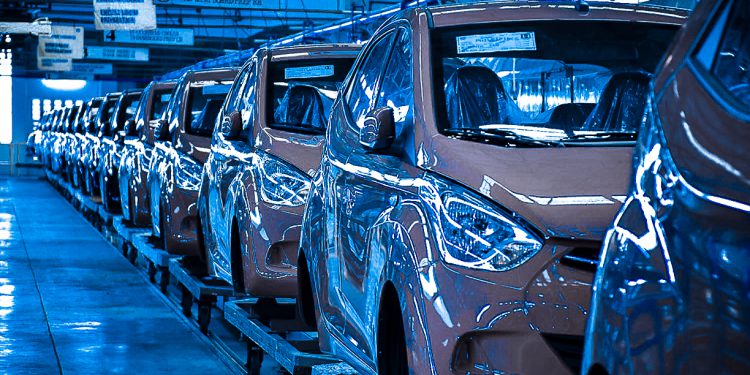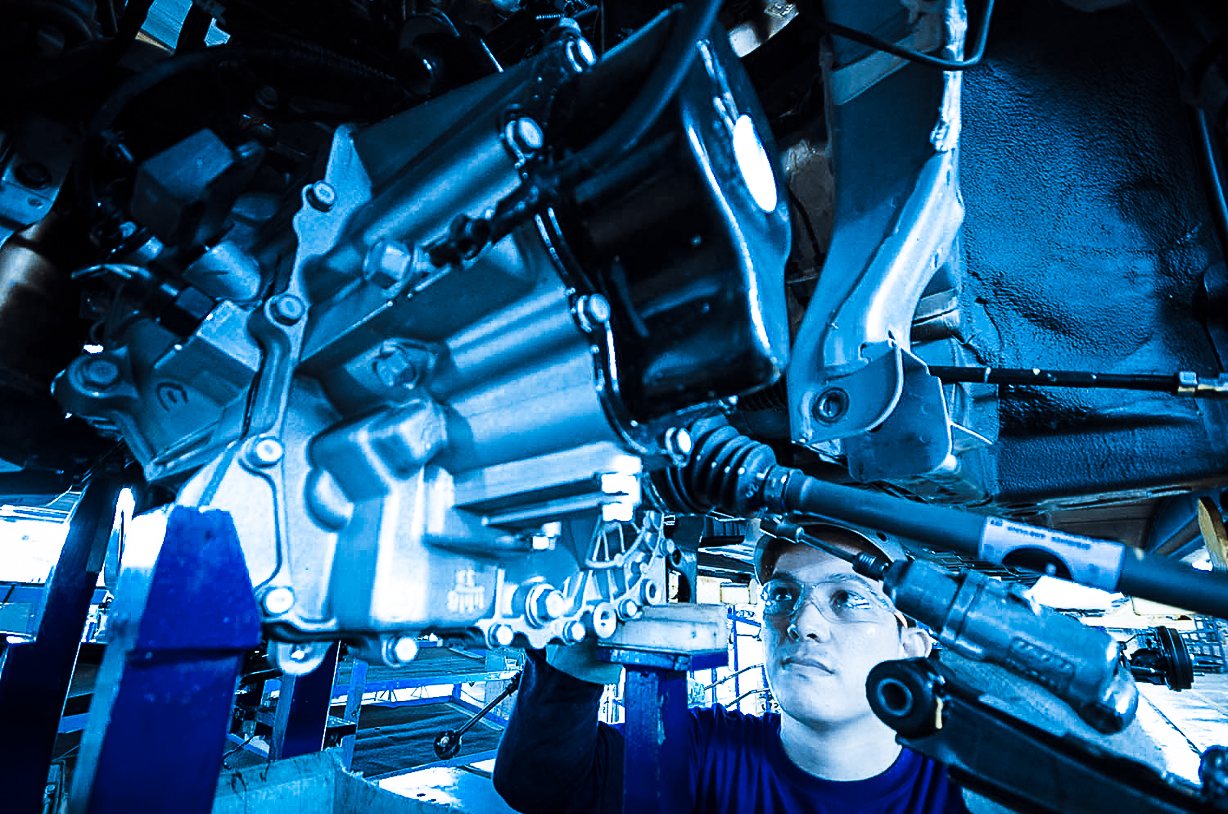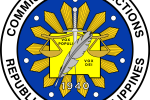HARI Reveals Own Local Assembly Center

After a serious debacle surrounding their status as a local assembler, which was shot down by the Bureau of Customs, Hyundai Asia Resources Inc. (HARI) has just boasted of the development of their Hyundai Assembly Center (HAC) created this 2017.
HARI said the development of the HAC has just placed the Philippine arm of the Korean car brand at par with other ASEAN nations.

HARI has just completed their own assembly center in the Philippines this 2017, putting them at par with their ASEAN counterparts. (photo from HARI)
“In its shift from distributor to assembler, HARI joins its counterparts in Malaysia, Indonesia, and Vietnam, to spur investment and develop human capital in the ASEAN region,” says Maria Fe Agudo, HARI President.
HARI was recently criticized by the BOI for their failure to live up to its commitment to put up an assembly plant in the country even if they were given assembler status and the corresponding tax breaks due a local assembler. But HARI got back lost goodwill after a successful run at the just concluded ASEAN Summit where the H350 served as the official mobility vehicle in the ASEAN 50 and ASEAN Business & Investment Summit, gaining a broader audience as a special commercial vehicle.
“Indeed, we live in volatile and complex times. On a positive note, we must also recognize that these are exciting and dynamic times, particularly for the automotive industry. As manufacturing has picked up the pace in the third quarter, we look forward to the opportunities it will open for the industry next year,” said HARI President and CEO Ma. Fe Perez-Agudo.

Assembly of cars in the Philippines is now a reality for Hyundai. (photo from HARI)
According to the Philippine Statistics Authority, manufacturing grew by an average of 8.3 percent to-date, with nine out of the 22 subsectors recording double-digit growth, including transport equipment expanding by 16 percent as of the third quarter.
One major factor for this development is the exports sector, which exceeded its annual official target of five percent to reach 12 percent, making headway in more markets.
As the Philippines moves toward ASEAN Economic Integration, Hyundai claims they are ready to face the necessary changes in improving their global value chain and parts manufacturing services, particularly for the EON and H350, Hyundai’s locally assembled vehicles.
HARI says their EON sales reached 5,903 vehicles as of November 2017, capturing first-time car buyers or millennials, the segment poised to reshape and disrupt the Philippine economy.






